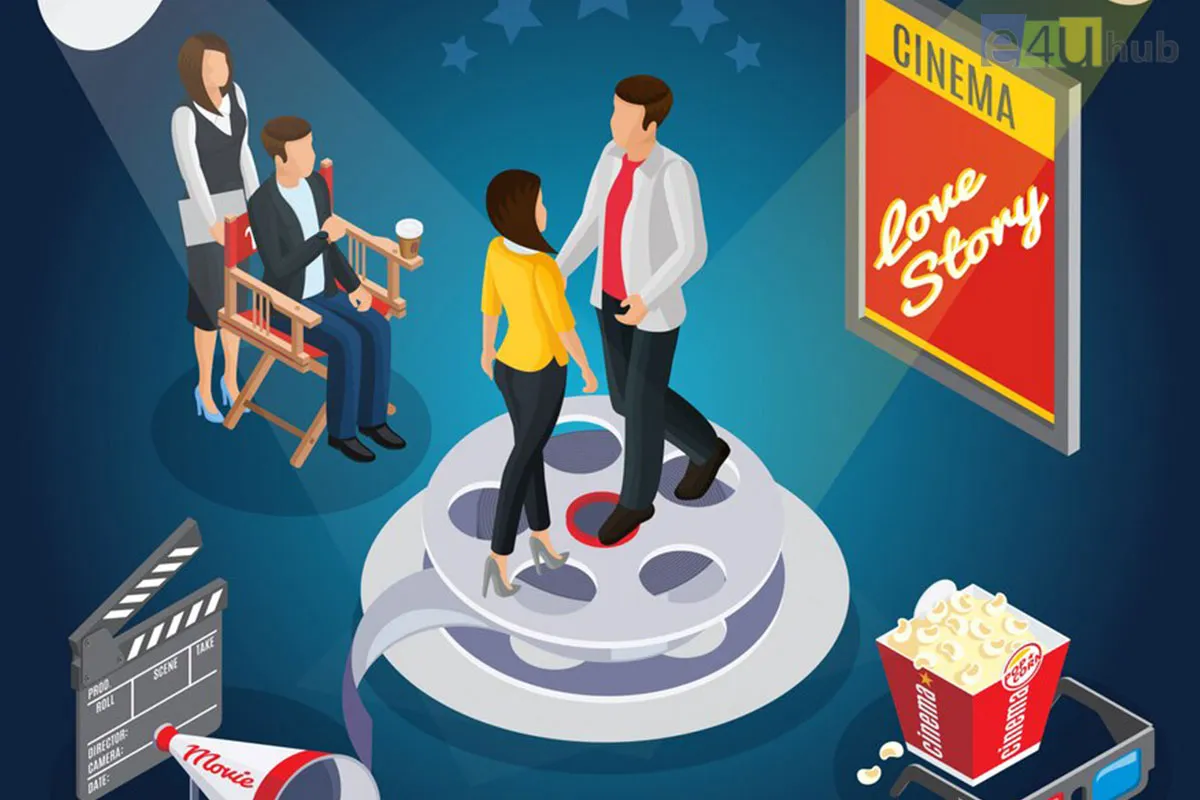
The Psychology Of Entertainment: Why We Love To Be entertained
- 01 Feb, 2024
- Entertainment
- 620 Views
- 0 Comments
From the earliest forms of storytelling around a campfire to the mesmerizing world of virtual reality, humans have always sought out entertainment. But why do we love to be entertained? What is it about music, movies, games, and other forms of amusement that captivate our minds and emotions? In this blog post, we delve into the psychology of entertainment, exploring the profound reasons behind our innate desire for amusement and diversion.
1. Escape from Reality:
Entertainment serves as a powerful tool for escapism. In the hustle and bustle of daily life, people often seek refuge in the worlds created by books, movies, or video games. These alternate realities offer a temporary escape from stress, worries, and routine.
2. Emotional Catharsis:
Entertainment allows us to experience a wide range of emotions in a controlled environment. Whether it's laughter, tears, fear, or joy, the emotional rollercoaster of entertainment provides a cathartic release, helping us process and understand our own emotions.
3. Identification and Connection:
Characters in stories or performers on stage often become relatable figures. We see ourselves in their struggles, triumphs, and adventures. This identification fosters a sense of connection, reminding us that we are not alone in our human experiences.
4. Stimulation of the Imagination:
Entertainment sparks creativity and stimulates the imagination. Whether through literature, art, or virtual experiences, the mind is prompted to envision new possibilities and explore the boundaries of what is conceivable.
5. Social Bonding:
Sharing entertainment experiences creates a sense of community and strengthens social bonds. Whether it's discussing the latest episode of a TV series, attending a concert, or playing games together, entertainment becomes a shared language that fosters connection.
6. Sense of Achievement:
Engaging in challenging forms of entertainment, such as solving puzzles or completing levels in a video game, triggers a sense of accomplishment. This feeling of success can boost self-esteem and motivation.
7. Regulation of Mood:
Entertainment has the power to influence and regulate mood. A cheerful song can lift spirits, a heartwarming movie can bring joy, and a thrilling game can provide an adrenaline rush. This mood regulation contributes to overall mental well-being.
8. Cognitive Stimulation:
Certain forms of entertainment, such as brain games, puzzles, or intellectually stimulating content, provide cognitive challenges. These activities can enhance problem-solving skills, memory, and critical thinking.
9. Cultural Reflection:
Entertainment often reflects the cultural and societal values of its time. Through movies, music, and literature, individuals gain insights into different cultures, perspectives, and historical periods, fostering a broader understanding of the world.
Conclusion:
The psychology of entertainment is intricate and multifaceted, intertwining with our basic human needs for connection, expression, and emotional fulfillment. From providing an escape from reality to fostering social bonds and stimulating cognitive function, entertainment plays a crucial role in shaping our experiences and enhancing our overall well-being. So, the next time you find yourself engrossed in a movie, immersed in a book, or lost in a song, remember that you are not just indulging in entertainment — you are navigating the fascinating landscape of the human psyche.














Leave a Reply